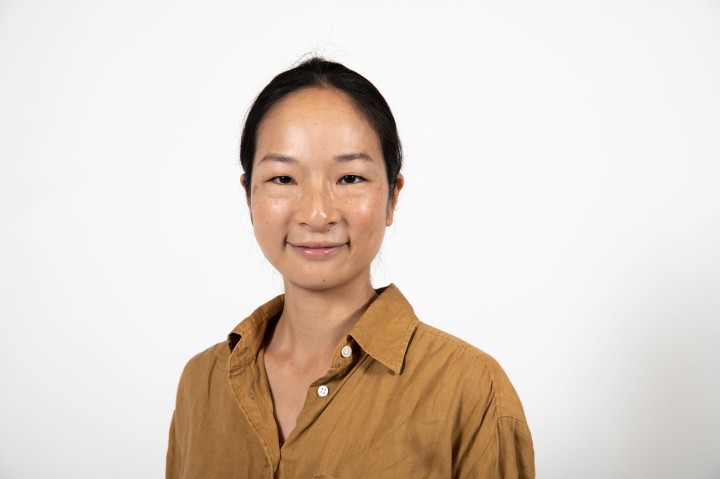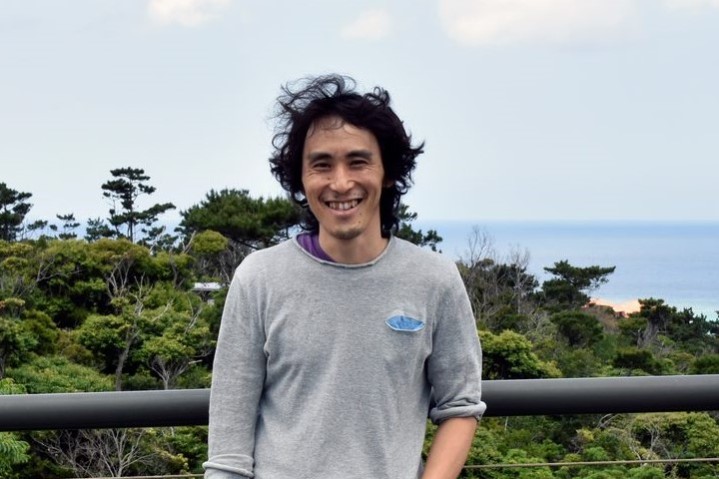Program Overview
Buribushi means “a cluster of stars” in Uchinaaguchi (Okinawan language). The establishment and first few years of the fellowship will be funded primarily by the J-PEAKS grant. The fellowship is a principal investigator position intended to give opportunities for early career independence, to boost promising researchers toward a tenure-track faculty position. We hope that it will come to be recognized as one of the most prestigious and desirable positions for pre-faculty researchers in Japan.
Buribushi fellows will be offered a salary competitive with Assistant Professor positions and research funds (~10 Million Yen per year). The research funds can be used flexibly to hire staff or cover research operating expenses. Fellows are encouraged to apply for external grants (FOREST, KAKENHI, etc.) for additional support of their research activities.












